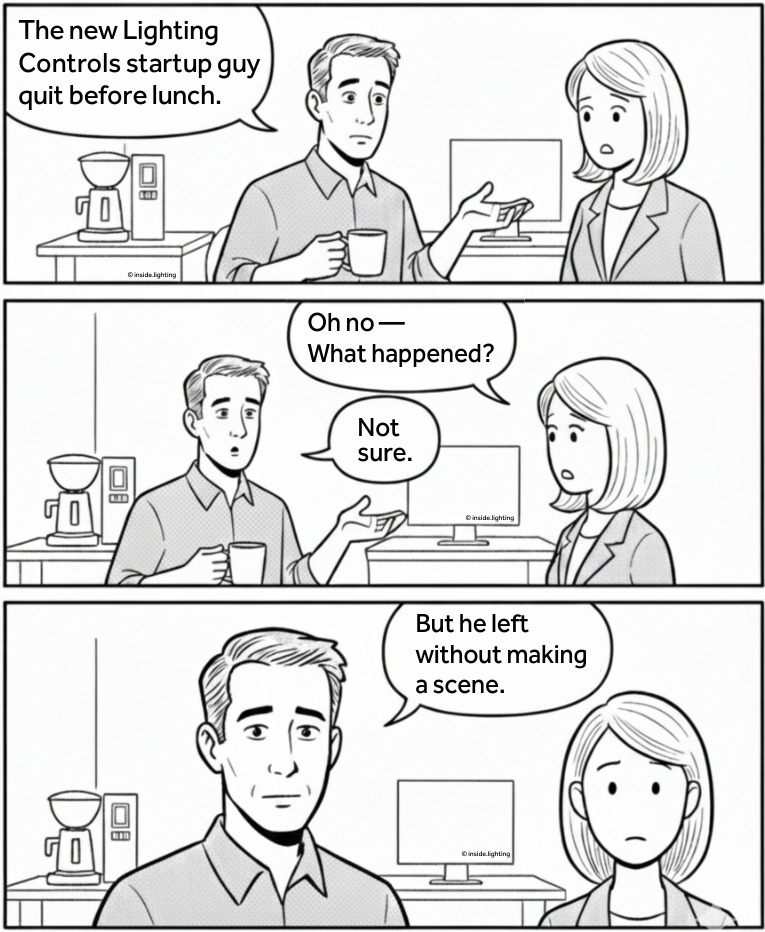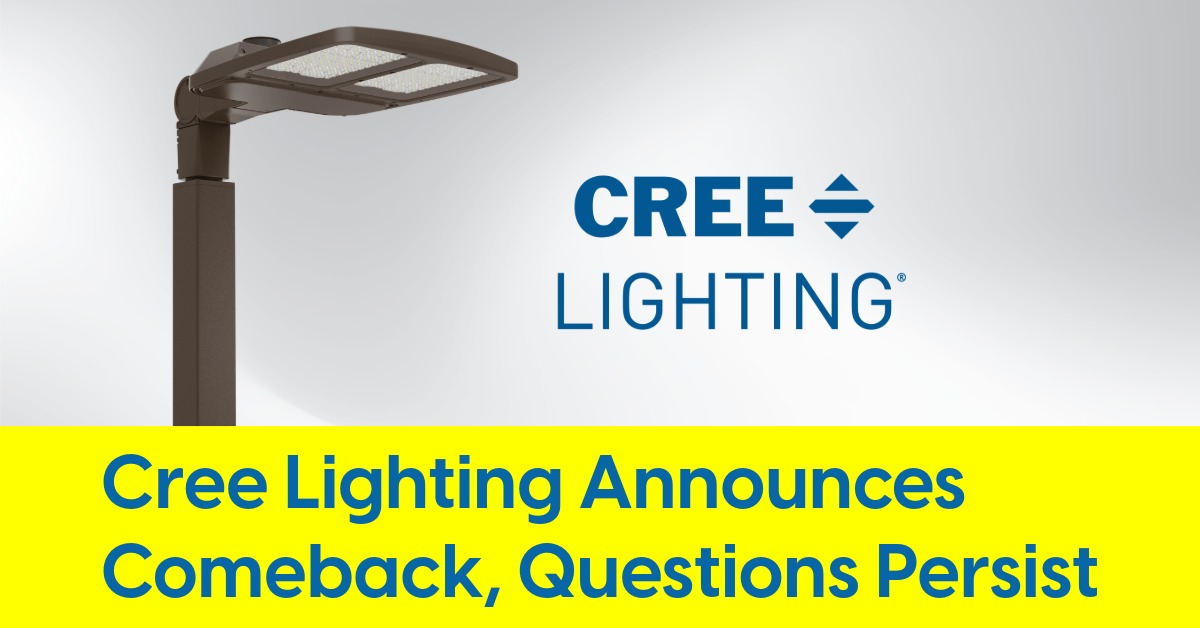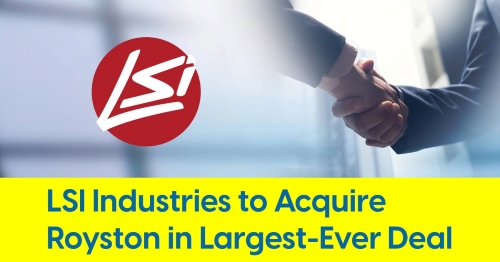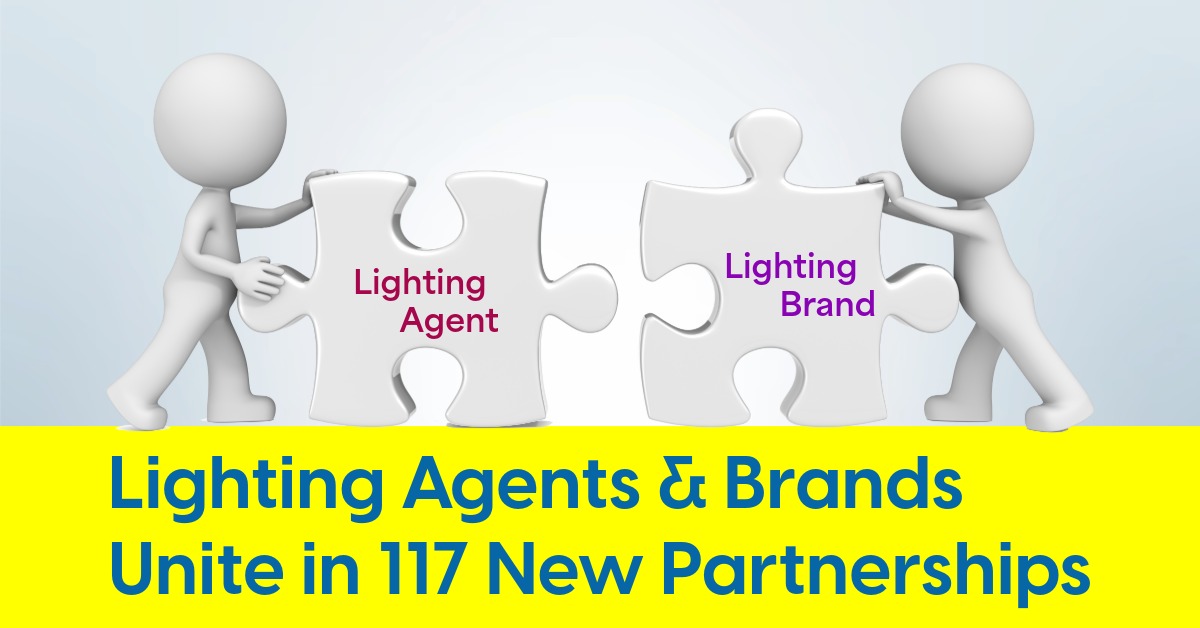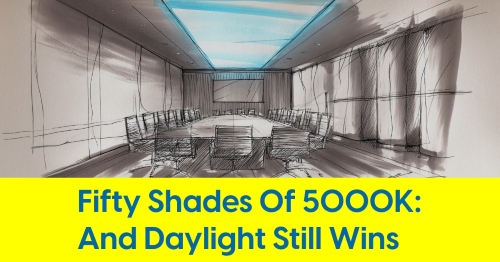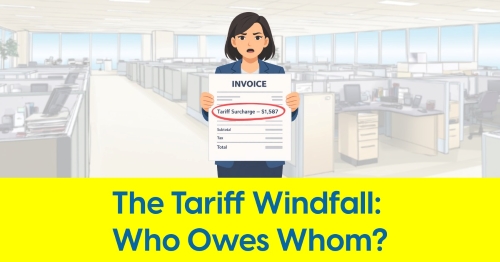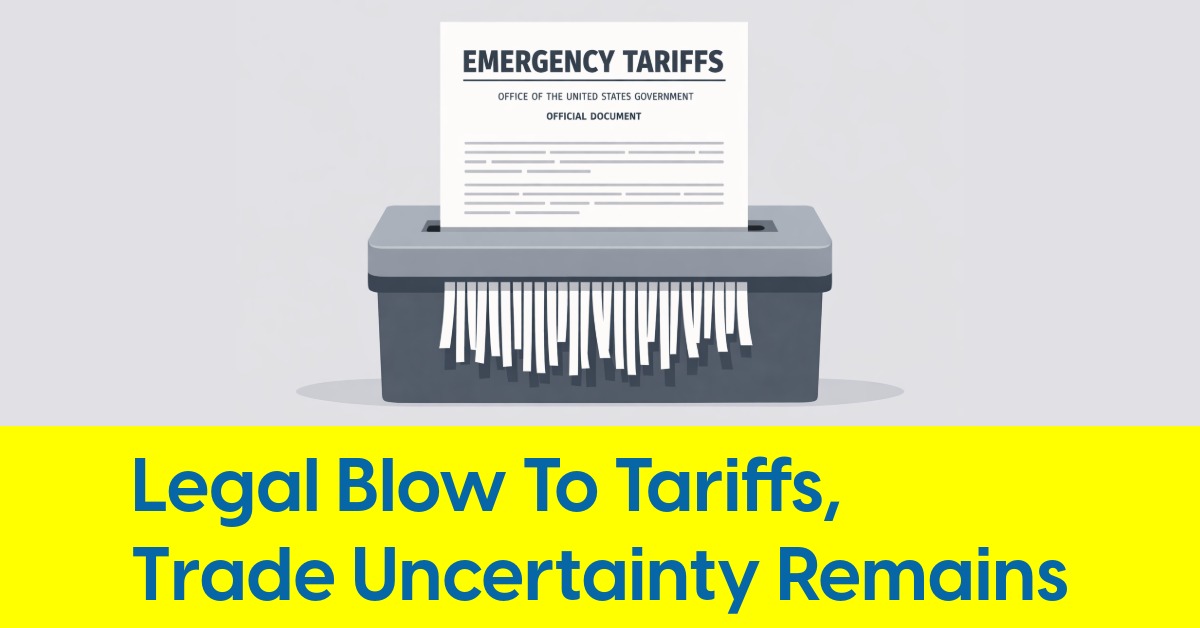June 11, 2025
Two Lighting Bankruptcies Expose a Broader Crisis
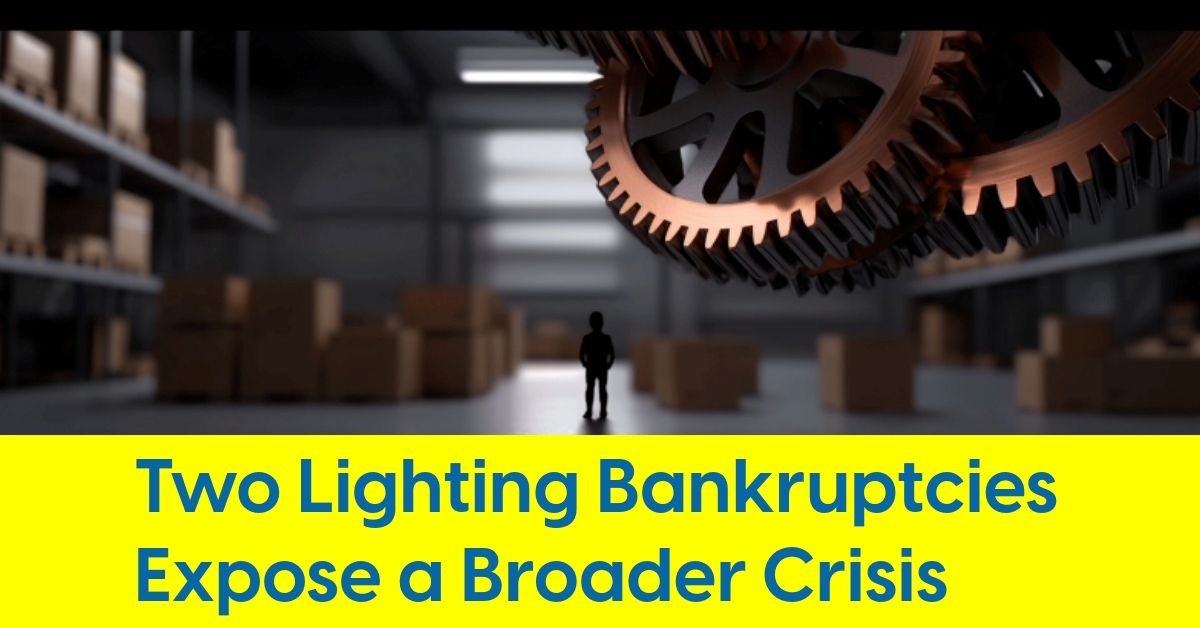
Residential and commercial firms collapse amid tariffs, vendor debt and political uncertainty
In the space of just seven days, two independent American lighting companies filed for bankruptcy — each with long roots, loyal customer bases, and a long list of creditors. One served the residential market. The other operated in commercial retrofits. But both shared something else: deep exposure to China.
On June 4, Porter Lighting, a Dallas-based showroom business specializing in residential fixtures, filed for Chapter 7 liquidation. Its balance sheet showed $3.26 million in liabilities against just $1.6 million in assets — and only $127,000 in cash. Then, on June 10, Marvel Lighting, a turnkey commercial lighting distributor based in Indiana, entered Chapter 11. Its liabilities? Somewhere between $1 million and $10 million, across more than 100 creditors.
Porter’s revenue fell below $1 million in the first half of 2025 — well below the pace of prior years. Marvel’s operations had become increasingly strained by tight margins and supplier pressure.
Zooming out, it’s not just two isolated failures. These bankruptcies are a symptom of broader economic stressors bearing down on small U.S. businesses — particularly those reliant on imported goods and raw materials. Lighting, it turns out, is one of the canaries in that particular coal mine.
To be clear, the precise impact of tariffs is difficult to isolate, and the troubles facing these firms likely stem from more than just trade policy. For firms like Porter and Marvel, signs of strain likely predated the latest trade headwinds. But in 2025’s economic climate — with freight volatility, political uncertainty, and shifting consumer sentiment — what might’ve once been manageable challenges became existential threats. As the old saying goes, bankruptcy happens gradually, then suddenly.
Earlier this week, Canadian manufacturer Rebelle Architectural Lighting announced it would be winding down operations after 45 years. The reasons, according to a quiet but telling letter to partners, included the “U.S. political landscape.” That landscape, Rebelle implied, had become too volatile for a cross-border manufacturer to navigate with confidence.
The Tariff Trap
Lighting has never been a high-margin industry. For small and mid-sized businesses, profitability depends on scale, predictability, and affordable supply chains. All three are now in short supply. As Axios recently reported, “More than 70% of U.S. small and mid-sized businesses say tariffs have already increased their operating costs.” And according to Reuters, “Trump’s tariffs have cost companies more than $34 billion in lost sales and higher costs.”
Much of the damage is structural. Businesses like Marvel and Porter were never large enough to hedge against volatile freight costs, absorb large swings in raw materials pricing, or negotiate favorable terms with overseas suppliers. Once the 2025 tariffs kicked in, many import-heavy businesses were effectively boxed in: raise prices and lose customers, or hold the line and bleed out. A group of five such companies are now suing to block the tariffs, warning in court filings that the court-mandated stay of tariffs is no help “a refund of the tariffs paid to a business that is bankrupt and no longer exists” is cold comfort.
Marvel and Porter: Different Models, Same Fate
Marvel Lighting’s Chapter 11 filing paints the picture of a firm stretched thin. With less than $500,000 in assets and over $1 million in liabilities, the Indiana company is now hoping to reorganize. But the roster of creditors doesn’t inspire confidence. It includes vendors like Keystone Technologies, LEDVANCE, and Green Creative — each with significant supply chain exposure to China. The company positioned itself as a flexible, client-first alternative to ESCOs, reps and design firms. But flexibility only goes so far when your own input costs are spiking and shipments are delayed.
Porter Lighting, by contrast, is not reorganizing — it’s shutting down. Its $3.8 million in revenue last year masked deeper structural problems. Its biggest creditor, Griffin Brantly Thomas LLC — a real estate firm owned by the company’s own directors — is owed $1.88 million. A sign of internal financial propping? Maybe. Or maybe just a last-ditch attempt to keep the lights on.
Either way, it wasn’t enough. Porter's long list of creditors includes lighting brands with heavy Chinese manufacturing ties — WAC, RAB, Seagull, Elk, and American Lighting. The company’s Chapter 7 filing offers no hope for unsecured creditors. That includes dozens of vendors, some of whom are now left holding the bag.
Other Retailers Are Warning Too
The Dallas Market Center — an industry hub for gift, lighting, and apparel sectors — has been hearing alarm bells from its constituents for months. Within a series of blog posts and webinars, DMC-affiliated retailers pointed to the same trio of challenges: cost volatility, uncertain tariffs, and shifting consumer behavior.
Delayed shipments have thrown off staffing plans. Consumers are increasingly wary of Chinese-made goods. And the ripple effects of higher costs are not just operational — they’re emotional, eroding confidence in long-term planning.
Lighting as a Sector, Small Business as a Class
These aren’t just lighting stories. They’re small business stories. They illustrate what happens when a policy landscape built around geopolitical showdowns meets the economic physics of local retail. Small business owners may have opinions about tariffs. But they don’t have leverage.
In normal times, we might not dig into the Chapter 7 filing of a residential lighting showroom in Addison, Texas. Or the reorganization plan of a retrofit consultancy in Indiana. But in 2025, they’re more than just case studies — they’re a cross-section of American commerce, caught in a storm not of their own making.
